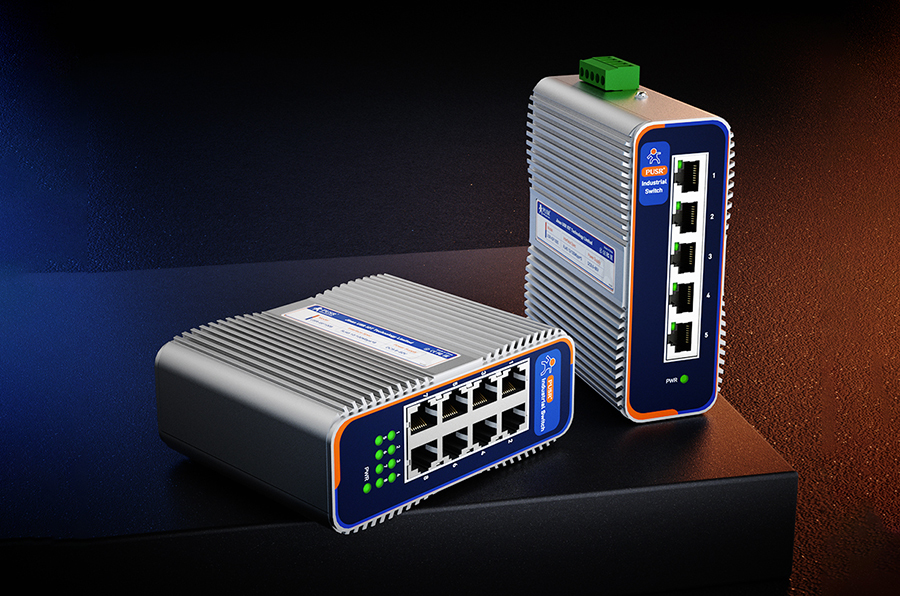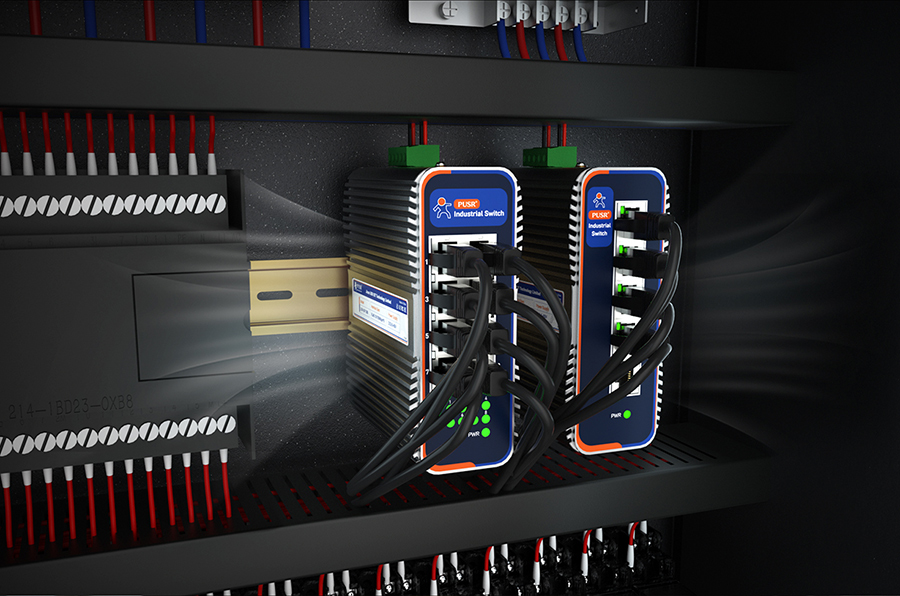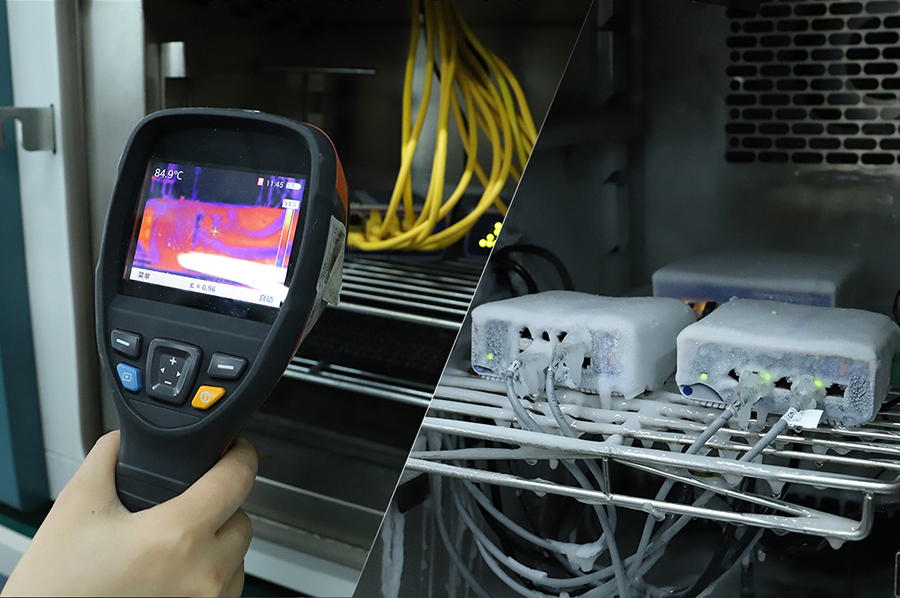In the energy industry, whether it is traditional thermal power generation, hydropower generation, or emerging wind power generation and solar power generation, all face complex network environments and harsh operating conditions. In order to ensure the stability of energy supply, improve production efficiency and reduce operation and maintenance costs, industrial switches play a vital role in this field.

Industrial switches, also known as industrial Ethernet switches, are network switching devices specifically designed for industrial environments. They not only have the basic functions of commercial-grade switches, but also have been comprehensively upgraded in terms of reliability, environmental adaptability, and network management capabilities.
Firstly, in terms of reliability, industrial switches usually adopt redundant power supply design to ensure that the equipment can continue to supply power and maintain the normal operation of the network in the event of a single power failure. This design greatly reduces the risk of network interruption caused by power failure, which means less downtime and higher production efficiency for the energy industry.

Secondly, industrial switches have excellent environmental adaptability. They can withstand harsh conditions such as extreme temperatures, dust, humidity, and vibration, ensuring stable operation of network equipment during energy production, transmission, and distribution. This is crucial for improving the overall stability and security of the energy system.
In terms of network management capabilities, industrial switches provide a wealth of features to meet the energy industry's need for complexity and flexibility. Through VLAN division, QoS functions, link aggregation and other technologies, industrial switches can achieve network traffic isolation and optimization, improving network security and performance. At the same time, they also support the connection and management of IoT devices, enabling real-time data collection, transmission, and processing, providing strong support for the intelligent transformation of the energy industry.

In addition, industrial switches also support multiple network protocols and interface types to ensure communication compatibility and interoperability between different devices. This is of great significance for building a unified energy management system, realizing seamless connection and data transmission between devices.
In the practical application of the energy industry, industrial switches are widely used in new energy projects such as wind power generation and solar power plants. They are used for data collection and remote monitoring to ensure the stability of energy supply. At the same time, industrial switches also play an indispensable role in data exchange of substation automation equipment, real-time communication of energy storage systems, and distribution automation networks.
Industrial switches play an irreplaceable role in the energy industry. They not only improve the stability and security of the energy system, but also reduce the operation and maintenance costs, providing a strong guarantee for the intelligent transformation and sustainable development of the energy industry. For people who need to do networking applications, choosing the right industrial switch is the key to building a stable, efficient and secure energy network.